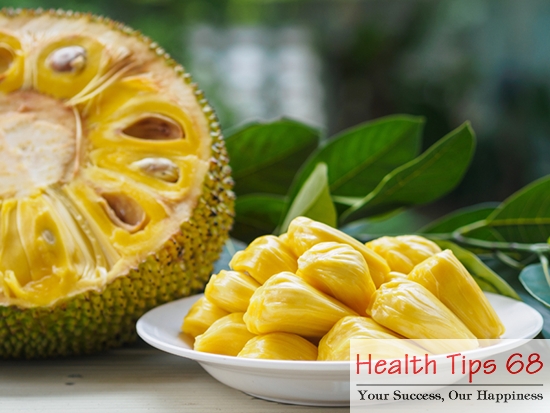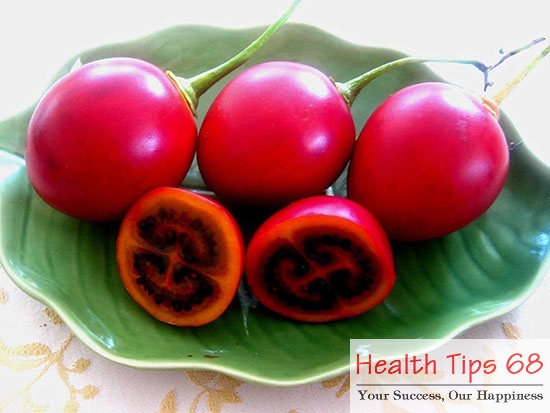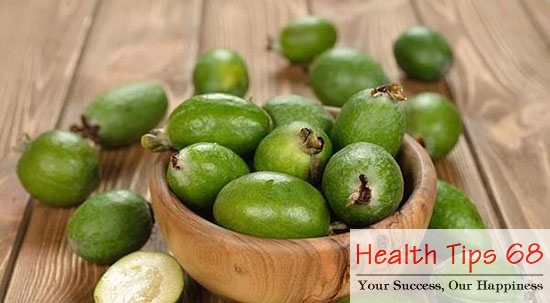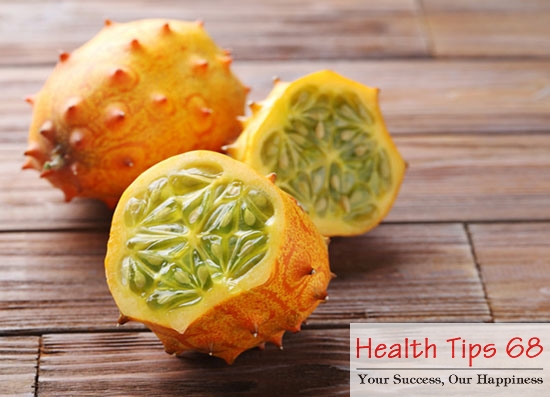Where to buy exotic fruit near me at best price?
Whenever I watch a documentary about exotic fruits, I always wonder where to buy exotic fruit near me? Looking at local supermarket I’ll find a ton of popular fruits. But every now and then, I would love to experiment and try something different. I am sure there are others like me that wouldn’t mind trying exotic fruits.
The problem is, while there are many exotic fruits i can find in Asia and Africa, not many of them are available in the US. So, where to buy exotic fruit near me?
That being said, let’s talk about some of the healthy exotic fruits Mother Nature has in store, and I can actually find in a better equipped supermarket and local market.
1. Jackfruit
Fun fact: Jackfruit is the largest tree-borne fruit in the world. One jackfruit can grow up to 80lbs in weight. It is a starchy fruit with a subtle sweetness, and a flavor that is similar to a combination between banana and apple.

The jackfruit is best served cooked, when it takes on the flavor of other ingredients. In the US, jackfruit has become a popular option for vegans, who use it as a meat substitute.
Probably the only one of the exotic fruits you can find in tacos menu.
As to where to find it, look at the Asian groceries. They usually sell it fresh, either whole or by the slice.
2. Durian
In Southeast Asia, this fruit is called “King of Fruits”. And you can understand why. The large and spiky fruit is famous for its savory smell. Those who have tried it, describe the aroma and smell as fried onions. In Asia, the durian is loved. Some foreigners have troubles stomaching the smell, but it is worth trying at least once.

I recommend cracking the durian as your last dish, so it doesn’t interfere with other flavors. I’ve heard some descriptions like “garlic pudding”, and I am sure you can find some ways to cook and eat it. You can find a durian in Asian grocery stores. It is available whole and frozen.
3. Dragon fruit
Another of those exotic fruits that are gaining popularity in recent years. You can find some dragon fruit in well-stocked grocery stores in the Asian markets. The dragon fruit is not as rare as other exotic fruits.

Because of its look, the dragon fruit is widely known as “white papaya”. It has a similar texture to a kiwifruit. The dragon fruit is a colorful red and green cactus with white flesh spotted with tiny black seeds.
Native to Mexico, the dragon fruit also grows in Asia and Latin America. The seeds are also edible, and the fruit tastes like a mix of pear, watermelon, and kiwifruit. In terms of health benefits, dragon fruit is a great source of fiber, vitamin C, calcium, and vitamin B, all while being low in calories.
4. Cherimoya
At first glance, this fruit might not look appealing. However, cut it in half, and you’ll be wooed by the amazingly delicious flesh. I am sure you’ll want more of it.

The fruit is native to South America. In recent years, cherimoya has traveled to Europe and other warm climates. The flesh is creamy, and has a custard-like texture. Some people refer to it as the “custard apple”.
Unlike durian, cherimoya is actually quite tasty and delicious. The taste is a combination of pineapple, strawberry, and banana. Latin America style markets always have some cherimoya.
5. Tamarillo
This fruit known as “tree tomato” has a shape like an egg, and a pulpy flesh you can scoop out with a spoon.

Native to South America, tamarillo can be easily found in well-stocked grocery stores. In Ecuador and Galapagos Island, natives blend it with water and sugar and drink it as a juice.
6. Prickly pears
The vibrant ruby-red pulp is mild and sweet. The fruit is rich in magnesium, more than some traditional options like pear and apple. Some people call them cactus pears, and you’ll recognize them on the market as an avocado-shaped fruit.

Prickly pears are native to Mexico. When visiting the market, always look for deep-colored pears. They should be free of dark and squishy spots. Store them in a plastic bag in the fridge for few days.
Peel and slice, and you are ready to consume it. Discard the skin, but you can eat the seeds. You can easily add slices of the fruit to your cereal, fruit salad, ice cream, or smoothie.
7. Feijoa
This fruit native to South America is known as a pineapple guava. It is worth noting that some exotic fruits are also grown in America. For example, feijoa is commercially grown in California. The flesh of the fruit is cream-colored and has a jelly-like substance in the center.

As with other exotic fruits, the popularity of feijoa grows in recent years. They are rich in vitamin C and fiber, and you can find them in bigger supermarkets and specialty food stores and markets.
8. Longans
The popular term for longans is “little brother of lychee”. The flesh is translucent with a black seed in the center. As most fruits, longans taste sweet but musky. Their size is as one bite. Loaded with vitamin C, longans provide more than 140% of the daily value in just one cup.

When buying longans, pay attention to the color. It should be yellow-brown to reddish-brown. The skin should be flexible, but not too soft.
9. Kiwano fruit
Known as “horned melon”, kiwano has a spiky and bright yellow to orange skin. Once you see it at the local store, I am sure it will grab your attention. Cut it open, and you are welcomed by soft and green flesh that is simply delicious.

Kiwano is native to Africa, more precisely southern and central parts of the continent. It delivers a rare combination of cucumber and watermelon. The taste is best described as “lemony cucumber”.
I have to warn you, since it is one of the rare exotic fruits, the price might be a bit high in the US. However, it is worth giving it a try at least once. Low in calories, kiwano delivers a healthy dose of vitamin A, vitamin C, magnesium, and potassium.
10. Miracle fruit
This fruit is native to West Africa, and it can actually perform miracles. The best way to consume is mixed with other fruits in a smoothie. Just mix juice of miracle fruit with some lemons and limes for a delicious drink.

The best thing about miracle fruit is it transforms sour fruits and gives them a sweet taste. That is all because of a molecule called miraculin found in the fruit. It has the ability to manipulate tongue receptors and how we interpret sour foods. You can also use it as a healthy alternative to artificial sweeteners.
________________________________________________________________________________________Đầu tư là gì? Kiến Thức Đầu Tư Chứng Khoán Quan Trọng Nhất Trong Quá Trình Đầu Tư?
Mở tài khoản chứng khoán TechcomBank nhanh chóng, thuận tiện giao dịch, bảo mật tuyệt đối.
Đầu Tư Chứng Khoán Xu Hướng Đầu Tư 2021 Hướng dẫn kiếm tiền từ đầu tư chứng khoán
Khóa Học Đầu Tư Chứng Khoán - Khóa học chứng khoán online (miễn phí) cho người mới bắt



